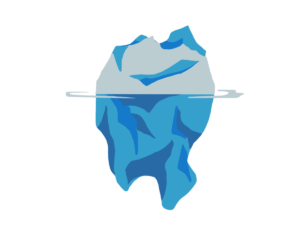While Indigenous Peoples have been urgently and consistently voicing concerns to warn of the irreversible impacts of climate change for decades, our perspectives and expertise have often been constrained within non-Indigenous frameworks of climate change policy and research.
The For Our Future: Indigenous Resilience Report is the first, stand-alone report that discusses climate change impacts, experiences and approaches to climate change from the perspectives of First Nations, Inuit and Métis living in what is currently known as Canada. This report acknowledges the distinct Knowledge Systems and perspectives of Indigenous Peoples, and the importance of self-determination in understanding and addressing climate change. This knowledge and these perspectives are credible and valid on their own, without the need for integration into other processes and frameworks.
The key messages of the report are intended to be broad enough to reflect various homelands, based on the distinct backgrounds and histories of First Nations, Inuit and Métis. They draw from a set of shared principles rather than attempting to represent all Indigenous Peoples and regions across Canada. The report aims to offer a wide range of examples from existing research, community experiences, stories and case studies to foster inspiration and ongoing dialogues for the future. We have made every effort to reference specific Indigenous Peoples and their associated communities wherever possible.
As we have heard from Elders and Indigenous leaders, it is crucial to read this report with a sense of urgency. The impacts of climate change are accelerating as we approach an ecological and relational tipping point (Whyte, 2019). However, we can avert the most severe climate impacts if we take pause and listen to the wisdom of First Nations, Inuit and Métis. We urge policymakers, academics, and business leaders at all levels—local, territorial, national and international—to act now on the key messages and insights presented in this report.
We invite you to join us on this journey—urgent action on these messages is vital for our future.

